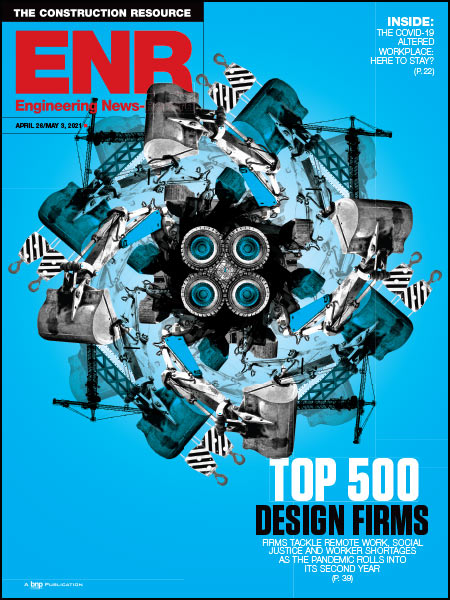"When employee No. 1,001 walks in the door, they aren't caught up on all those e-mails," says Chris Parsons, founder of ">Knowledge Architecture, which builds social intranets for design firms. "What this has enabled firms to do is create little tribes internally."
Such networks keep proprietary discussions private as well as help firms become better digital communicators without managers having to worry about the wrong information spreading on the web. Some existing collaboration platforms, such as Microsoft SharePoint, also allow users to post blogs and chat with each other within the confines of their secure networks.
"We have 22 offices, so the challenge is always communications between office to office," says Jocelyn Hodson, a spokeswoman at Dayton, Ohio-based ">Woolpert, which uses Yammer and other social tools. "There is a sense of camaraderie that didn't exist before."
Even public sites, such as ">LinkedIn, allow registered users to form private groups so that they can communicate behind virtual closed doors. In a recent study of 266 architecture and engineering firms, 150 of which were actively using social media, LinkedIn was picked as the most popular tool.
Parsons, who conducted the study, says industry firms still struggle with how to incorporate social media into their overall communication strategy. A common question he gets is whether social media will help a firm land more work.
"I clearly think it does," Parsons says. "I can't prove it from my research yet, but what I've heard is that social-media marketing can put a runner on base for you. You still have to get that runner home."
As firms learn more about social media, the boundaries between public and private become more clearly defined, users say. Firms are also using social "extranets" to communicate better with their clients. However, the idea of social media still does not sit well with all construction professionals.
"I think the most accepting is the younger generation because they are the most exposed to it," says Hodson. "The older generations sometimes see it as a time suck, but as certain tools evolve, everyone starts to see the value in them."











Post a comment to this article
Report Abusive Comment